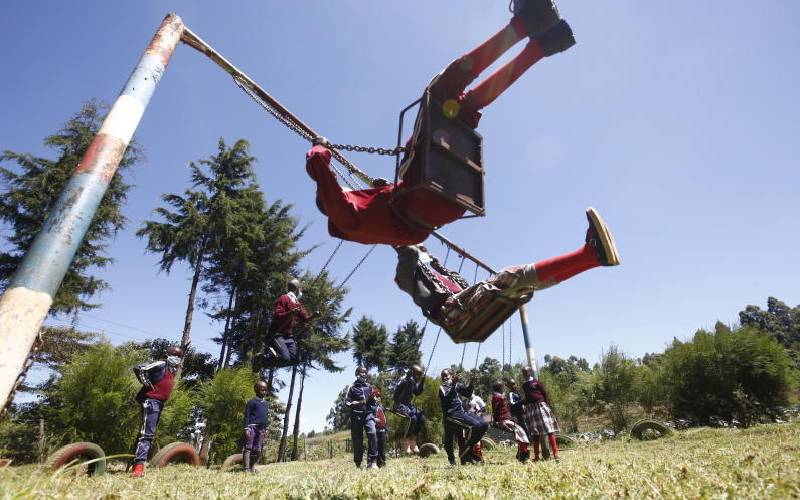
The upcoming general election will shape the future of Kenya at a critical point in history. The country is starting to emerge from the shadow of the Covid-19 pandemic but faces new challenges over the cost of living, global food supplies, drought and climate change. And the people who will be most affected by these issues and the future direction of the country are children.
Almost half the population of Kenya are children. Services delivered by government have an impact on their well-being, safety and development. Children don’t vote – but if they did, they would be looking at critical issues that affect them now and their life chances in the future. But parents do vote, as do older eligible siblings, family and community members.